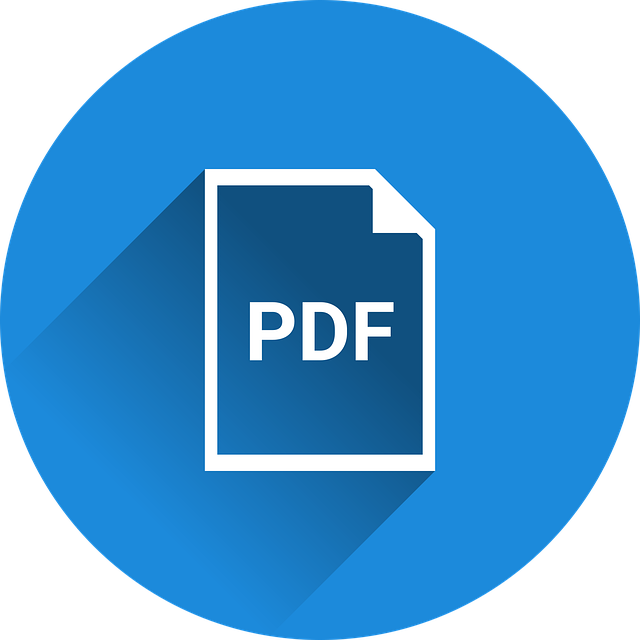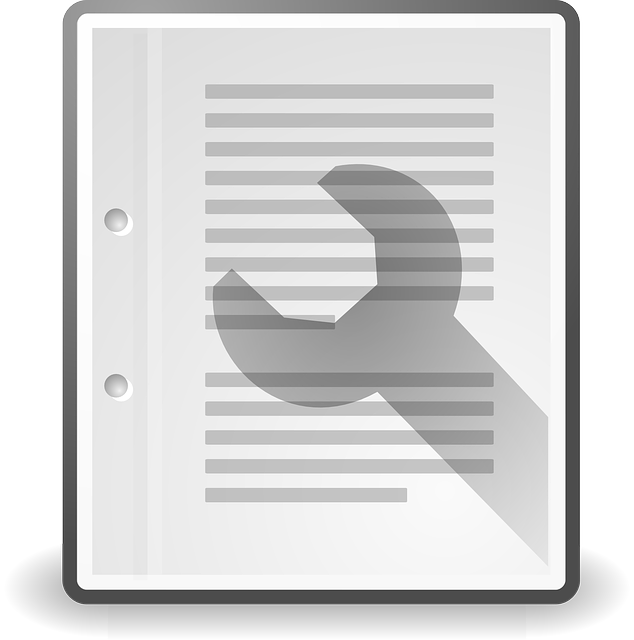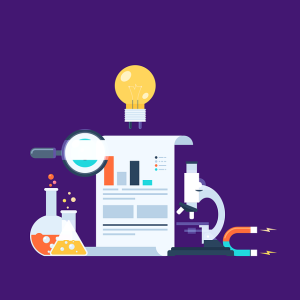Translation services for UK R&D documents demand a deep understanding of stringent regulatory compliance standards, especially in clinical trials, pharmaceuticals, and medical devices. Professional translators must navigate complex terminology, stay updated with agency guidelines (e.g., MHRA, EMA), and adhere to local laws. These services ensure accuracy and compliance, facilitating global collaborations and research dissemination without compromising integrity or meaning. Case studies highlight challenges like aligning translations with cGCP across the EU and localizing agreements under diverse regional laws, emphasizing the need for qualified translators and rigorous quality assurance processes to maintain high translation standards.
In the dynamic landscape of UK research, ensuring compliance with stringent regulatory standards is paramount. When translating vital R&D documents, understanding local regulations and employing professional translation services becomes a game-changer. This article explores the intricacies of regulatory compliance in UK research translations, highlighting key considerations for accurate and consistent document preparation. From defining requirements to navigating challenges through case studies, we delve into best practices that maintain high standards for translation services in this critical domain.
- Understanding Regulatory Compliance in UK Research
- The Role of Professional Translation Services
- Key Considerations for Research Document Translations
- Ensuring Accuracy and Consistency in Medical Research Translations
- Case Studies: Navigating Compliance Challenges
- Best Practices for Maintaining High Translation Standards
Understanding Regulatory Compliance in UK Research

In the UK, research and development (R&D) documents are subject to stringent regulatory compliance standards, especially when they involve clinical trials, pharmaceutical products, or medical devices. These regulations are in place to protect public health and safety, ensure product quality, and maintain the integrity of scientific research. For translation services catering to UK R&D, it’s crucial to have a deep understanding of these guidelines to deliver accurate and compliant translations.
Translation accuracy alone is not sufficient; translators must be adept at navigating complex regulatory languages and terminology specific to various fields. They should stay updated on current regulations, such as those set by the Medicines and Healthcare products Regulatory Agency (MHRA) or the European Medicines Agency (EMA), to ensure the translated documents remain compliant. This involves a meticulous process of reviewing, proofreading, and quality assurance to maintain the integrity of the original content while adhering to local legal requirements.
The Role of Professional Translation Services

In ensuring the accuracy and compliance of UK research documents, professional translation services play a pivotal role. These services are essential when dealing with complex scientific or technical content, as they provide expertise in both language and subject matter. Professional translators are well-versed in the specific terminology used within various fields of research, enabling them to convey ideas precisely and contextually. This is crucial for maintaining the integrity of data, methods, and findings described in R&D documents.
Translation services tailored for UK Research and Development (R&D) Documents offer a range of benefits. They ensure that global collaborations, publications, and regulatory submissions are free from errors or misinterpretations. These services adhere to industry standards and best practices, such as ISO 17100, guaranteeing high-quality translations. By employing native speakers and subject matter experts, they can deliver seamless communication that meets legal and ethical requirements, thereby facilitating the efficient progress of research and development initiatives.
Key Considerations for Research Document Translations

When translating UK research documents, several key considerations come into play to ensure compliance and accuracy. The first is understanding the specific regulatory environment within which the research took place and ensuring that the translation accurately reflects any industry-specific terminology or standards. This includes adhering to guidelines set by bodies such as the MHRA (Medicines and Healthcare products Regulatory Agency) for pharmaceutical research, or following the appropriate conventions for reporting scientific findings across different disciplines.
Another crucial aspect is maintaining data integrity and confidentiality. Research documents often contain sensitive information that must be handled with care during translation. This involves employing translators who are not only linguistically skilled but also understand the ethical implications of their work, particularly when dealing with private or proprietary data. Additionally, utilizing secure translation platforms and signed non-disclosure agreements (NDAs) can help safeguard the integrity of the research content.
Ensuring Accuracy and Consistency in Medical Research Translations

In the realm of medical research, accuracy and consistency in translations are paramount to ensuring the integrity of findings. When translating UK R&D documents, it’s crucial to engage professional translation services that understand the nuanced terminology and complex context specific to this field. A single misinterpretation can lead to significant errors, from incorrect data interpretation to misleading study conclusions. Therefore, translation service providers must employ qualified linguists who are not just adept at language but also have a strong background in medical sciences.
To guarantee consistency, these services should adhere to standardized terminology and style guides specific to the medical domain. This involves rigorous quality assurance processes that include peer review by subject matter experts. By doing so, they ensure that translations remain accurate and reliable, facilitating global collaboration and the dissemination of groundbreaking research from the UK without losing integrity or meaning in other languages. After all, for medical research documents, clear and precise communication across languages is not just a service; it’s a lifeline.
Case Studies: Navigating Compliance Challenges

When it comes to translation services for UK research and development documents, ensuring compliance is paramount. Case studies illustrate the intricacies of navigating compliance challenges in this domain. For instance, a pharmaceutical company faced a hurdle when translating clinical trial protocols from English into European languages. The challenge lay not just in accurately conveying scientific terms but also in adhering to each country’s specific regulatory requirements. This required meticulous research and consultation with local experts to ensure that all translations aligned with current good clinical practice (cGCP) standards across the EU.
Another scenario involves a tech startup translating their user agreement for global launch. They discovered that simply translating legal language wasn’t enough. It was crucial to interpret and localize the content to reflect regional laws, cultural norms, and language nuances. This process demanded deep understanding of consumer protection laws in different jurisdictions, data privacy regulations, and even subtle differences in how consent is given across cultures. Through these case studies, it’s clear that successful translation goes beyond words on a page; it entails a complex navigation of compliance challenges unique to each project and target market.
Best Practices for Maintaining High Translation Standards

Maintaining high translation standards is paramount for effective communication in the UK’s research and development landscape. When it comes to translating technical or scientific documents, consistency and accuracy are key. Best practices include employing qualified and experienced translators who have a strong grasp of both the source and target languages, as well as the specific terminology used within the industry.
Additionally, rigorous quality assurance processes should be in place, involving multiple rounds of review by subject matter experts. This ensures that technical concepts are conveyed accurately and that cultural nuances are respected. Using translation memory tools and glossaries can also enhance consistency across projects, streamlining the process while preserving high standards for UK research translations.
In ensuring the integrity of UK research through accurate and compliant translations, professional translation services play a pivotal role. By heeding key considerations, maintaining high standards, and learning from case studies, researchers can effectively navigate the complexities of regulatory compliance in their document translations. Leveraging specialized translation services for R&D documents not only facilitates global collaboration but also guarantees that research findings are accurately conveyed, upholding scientific integrity and public trust.
